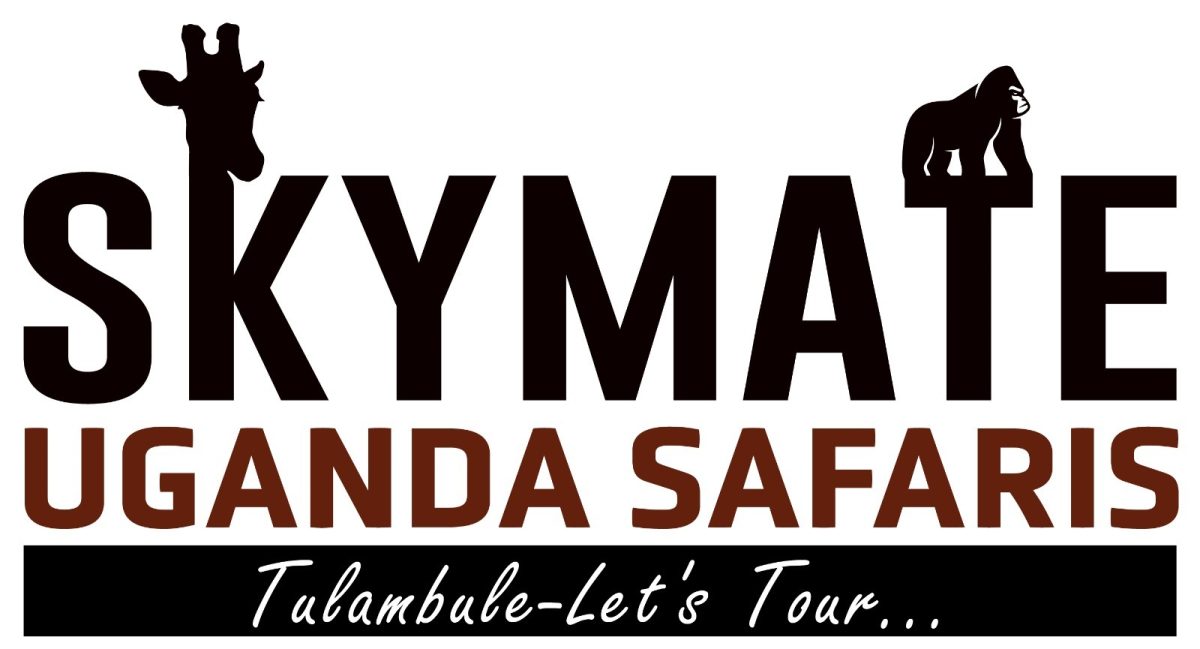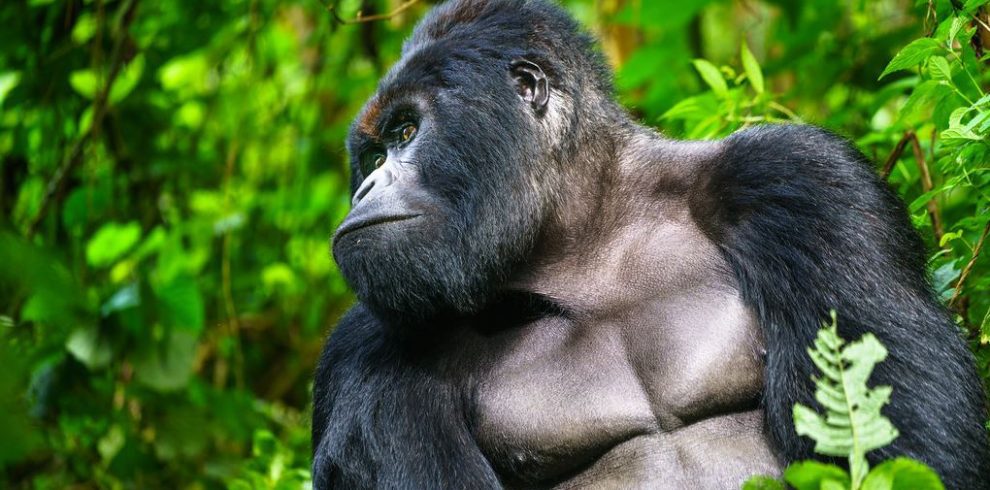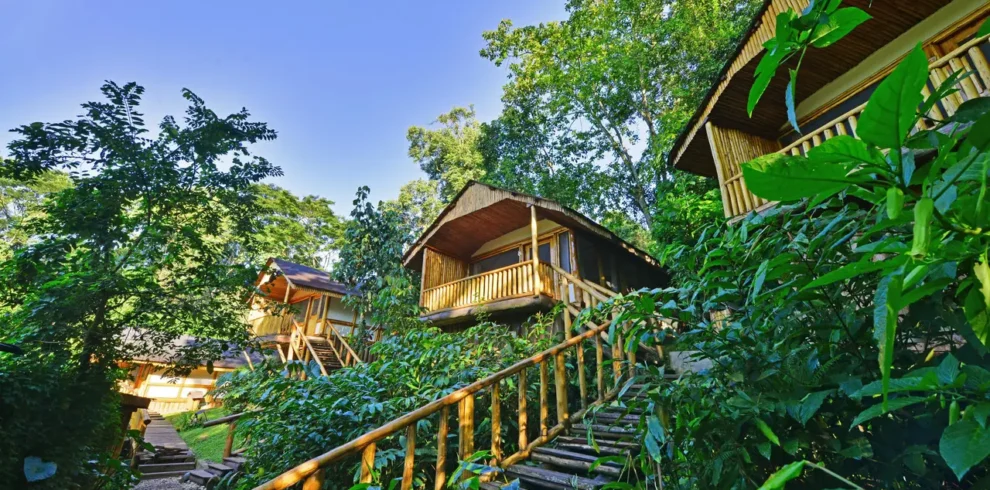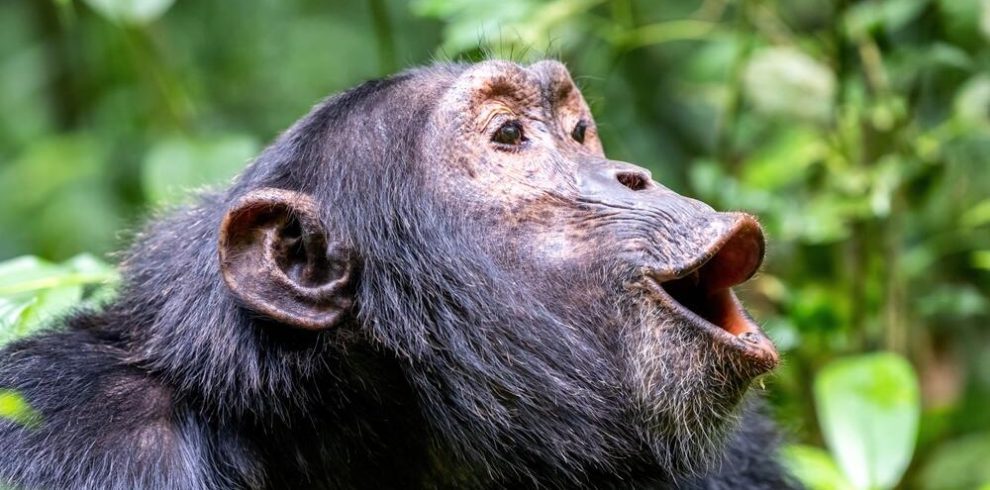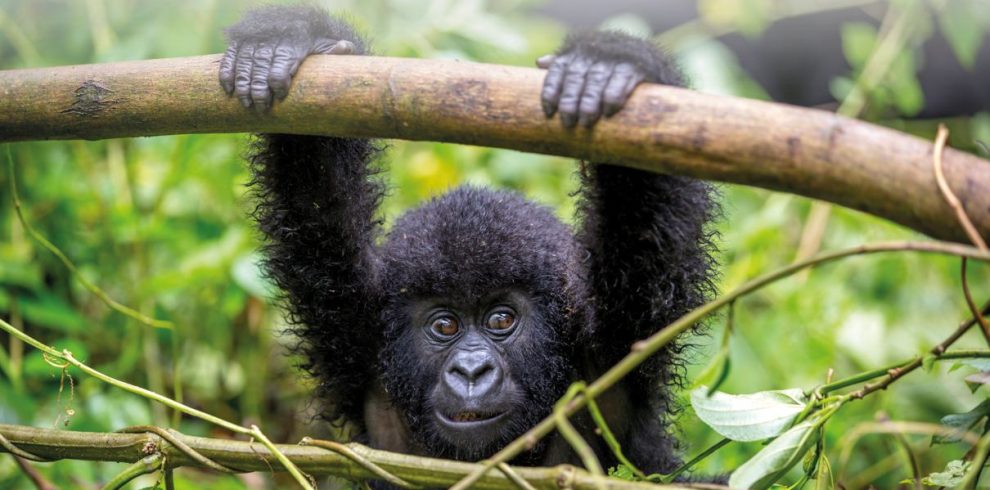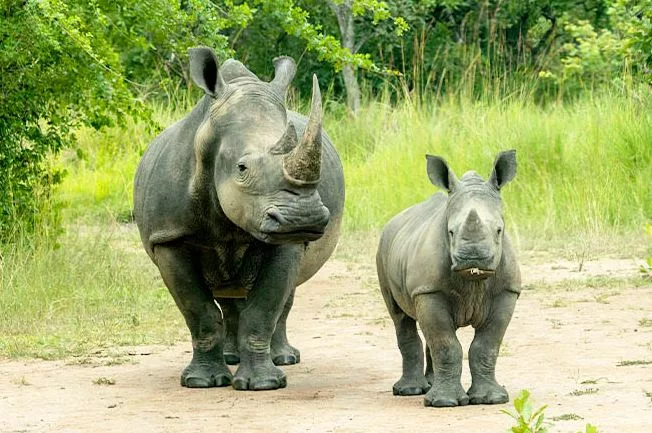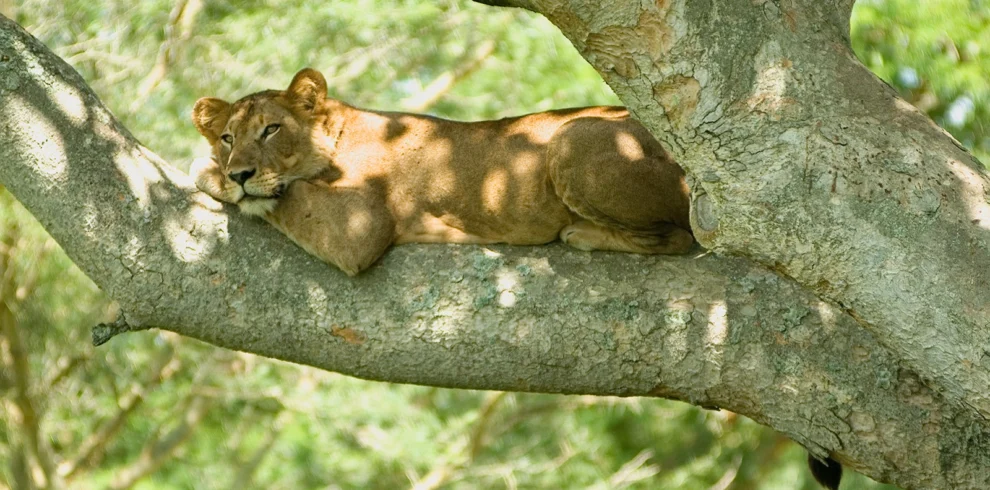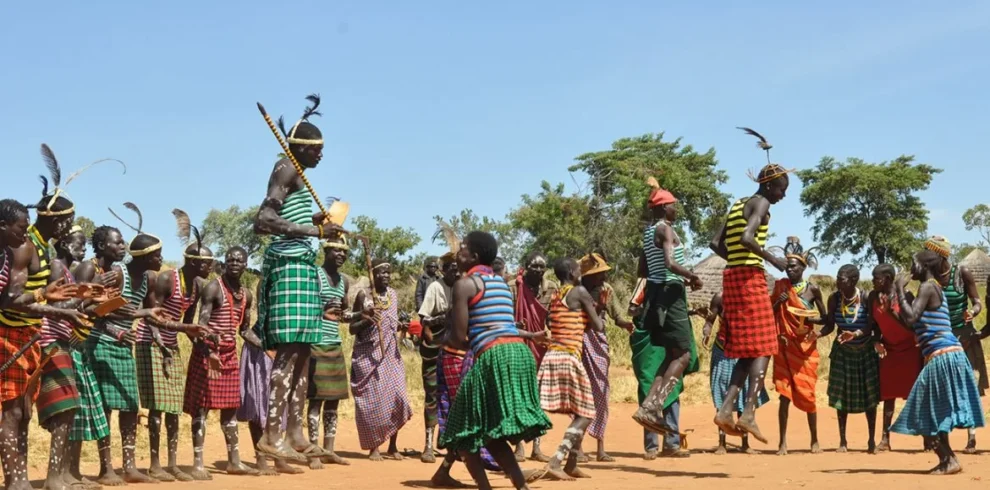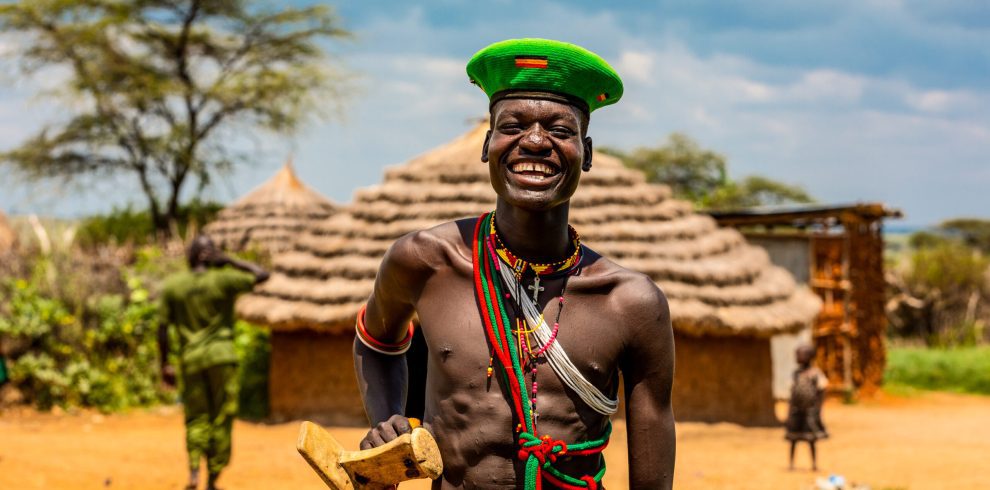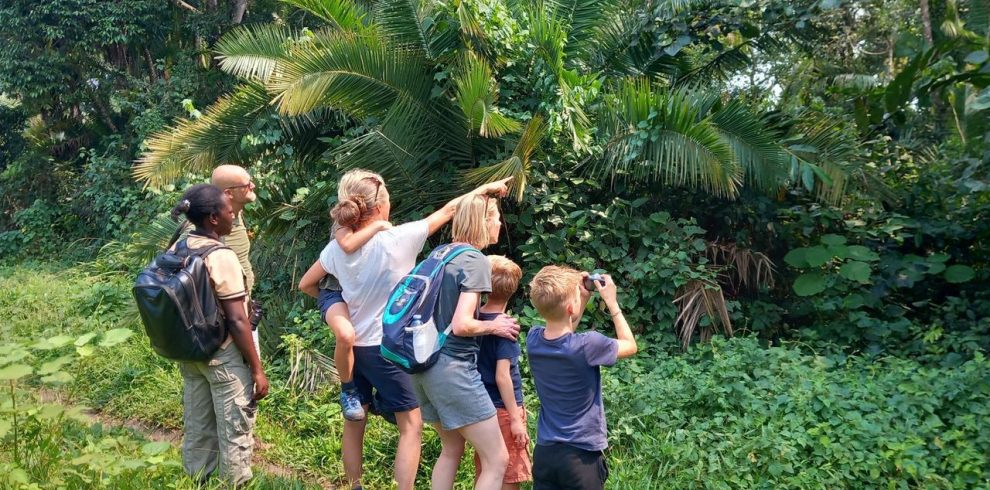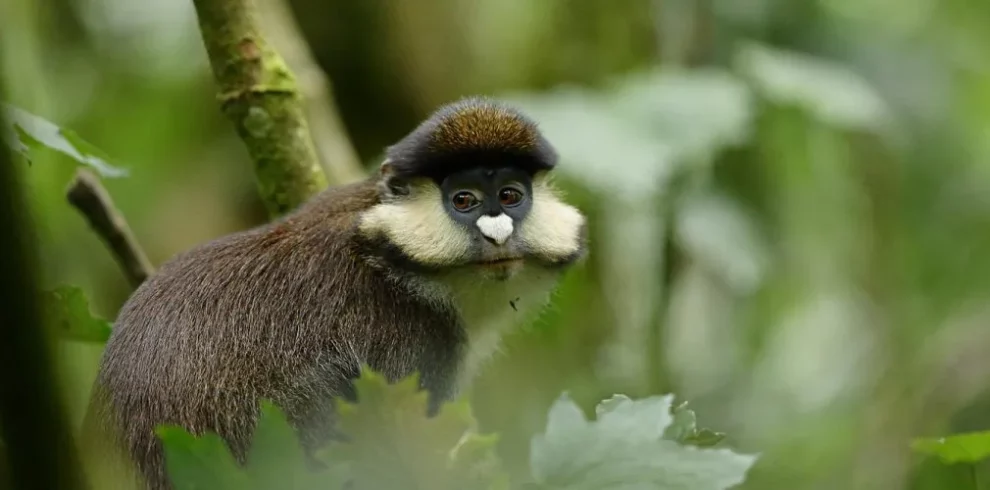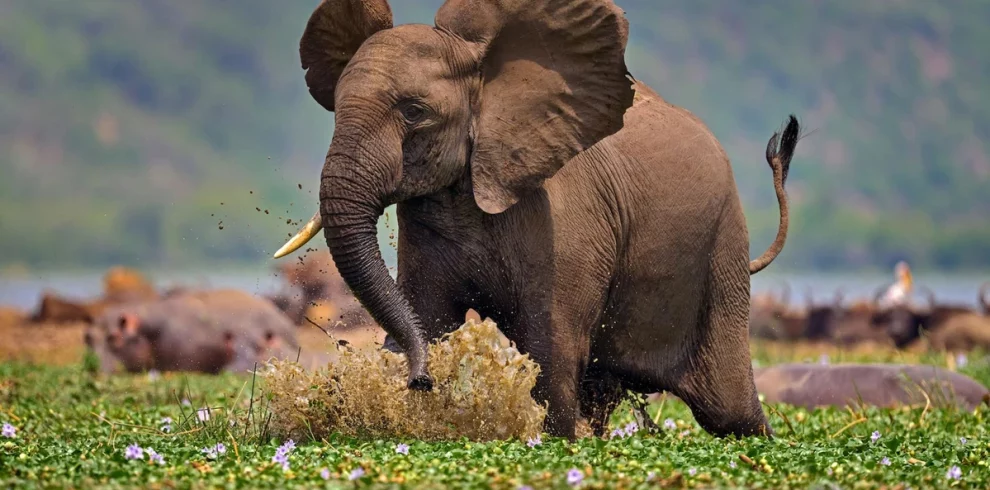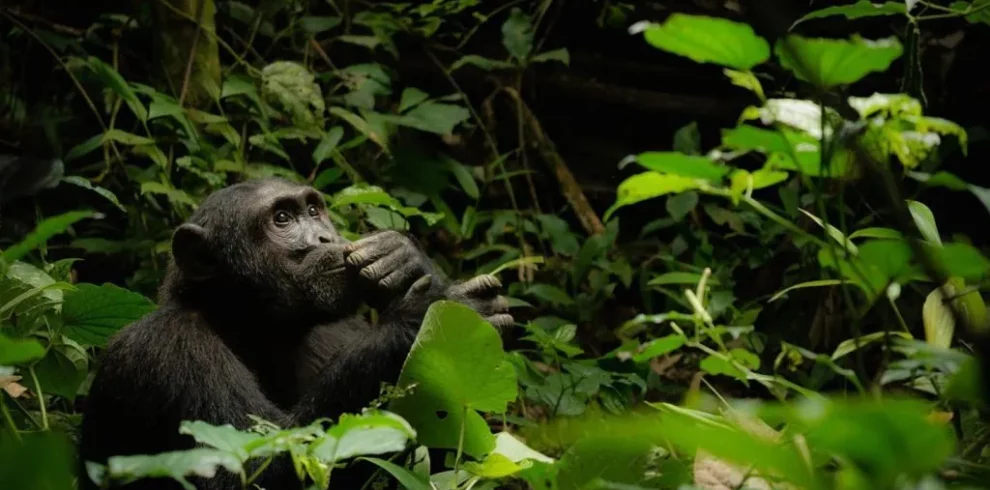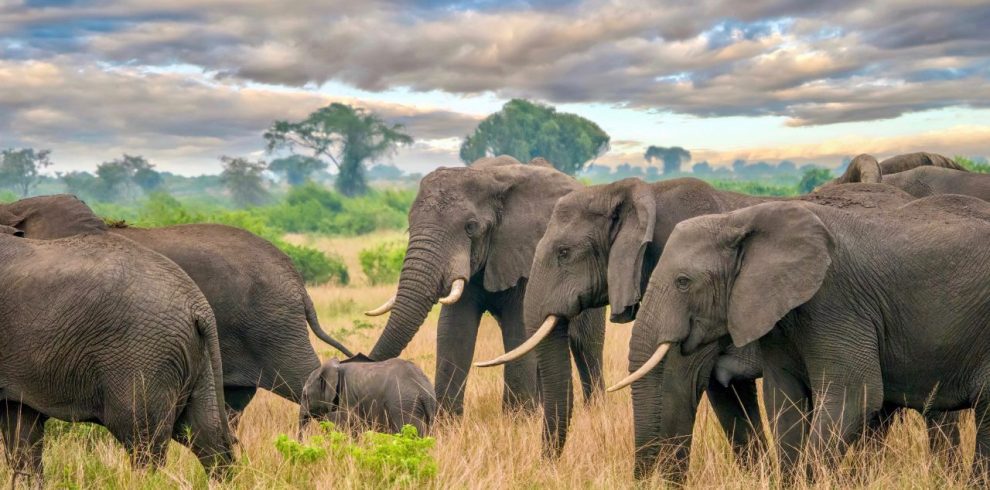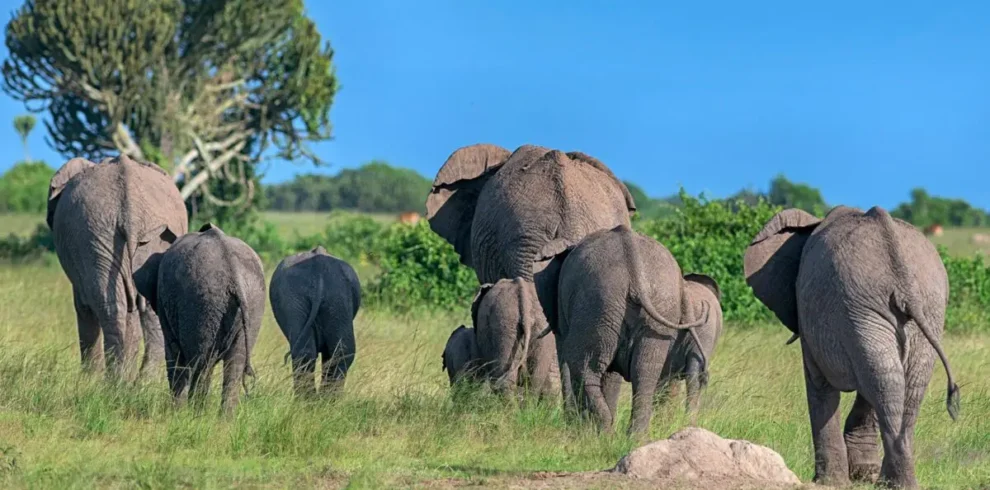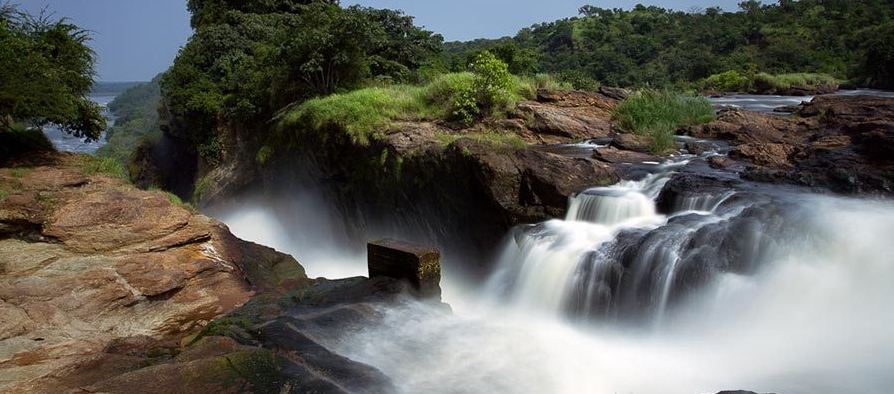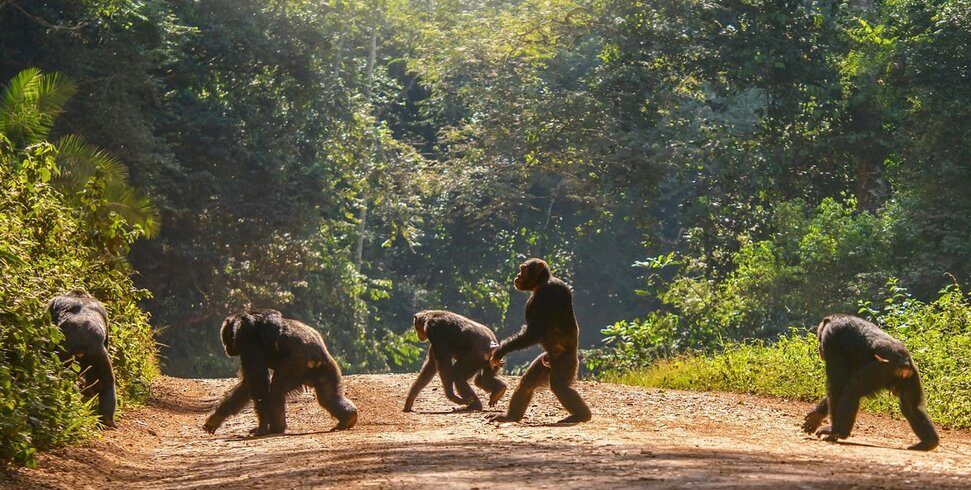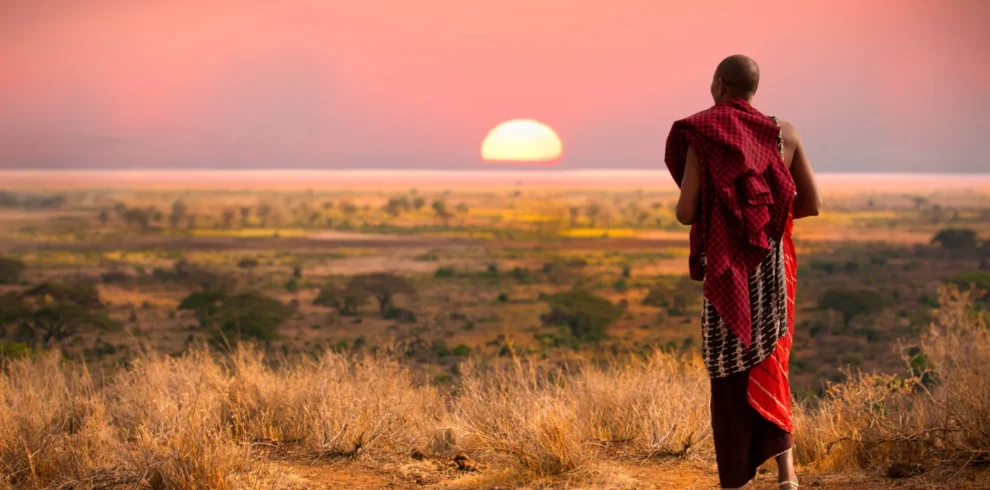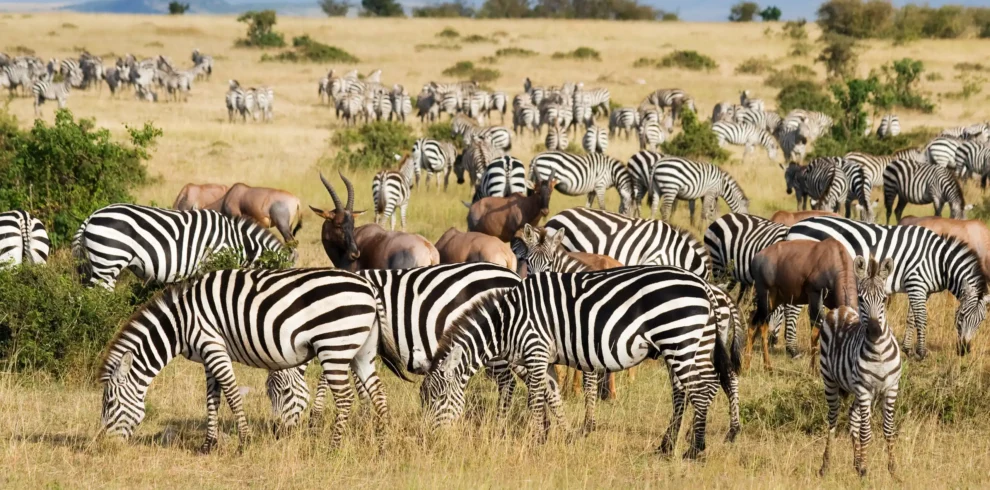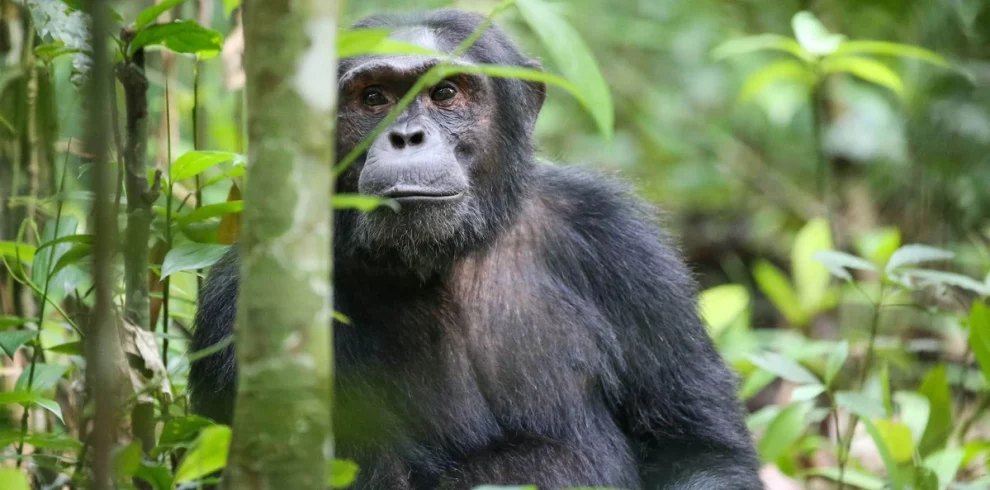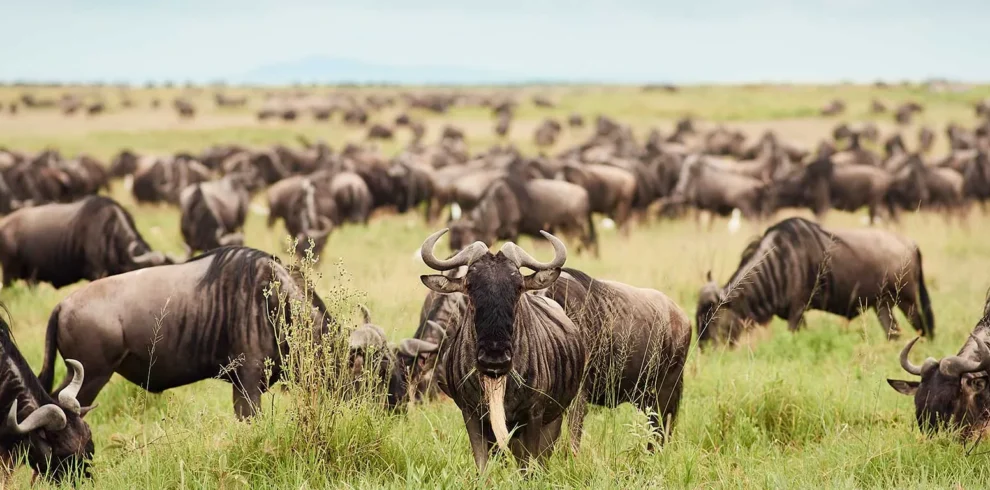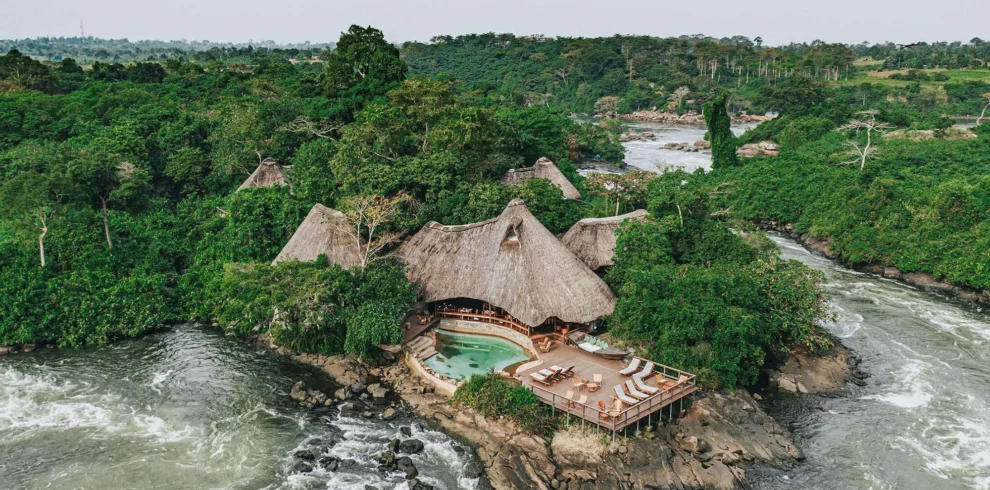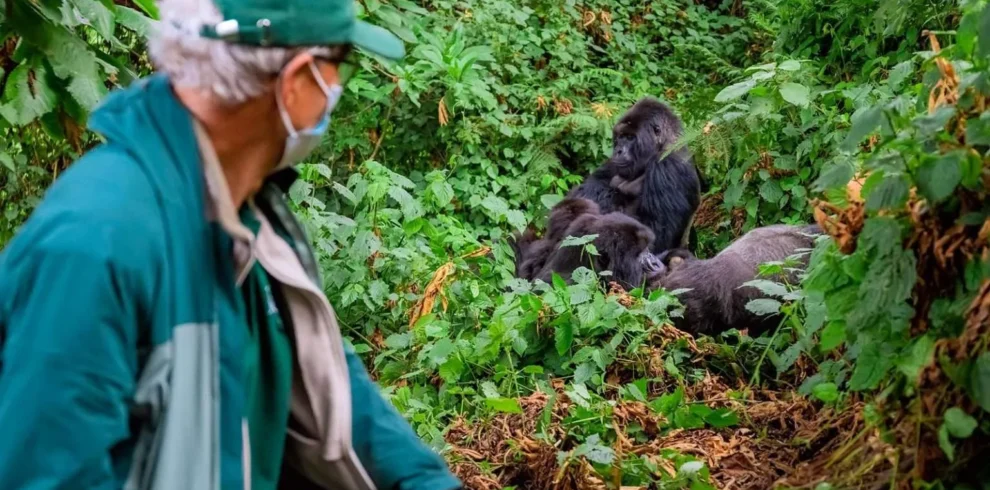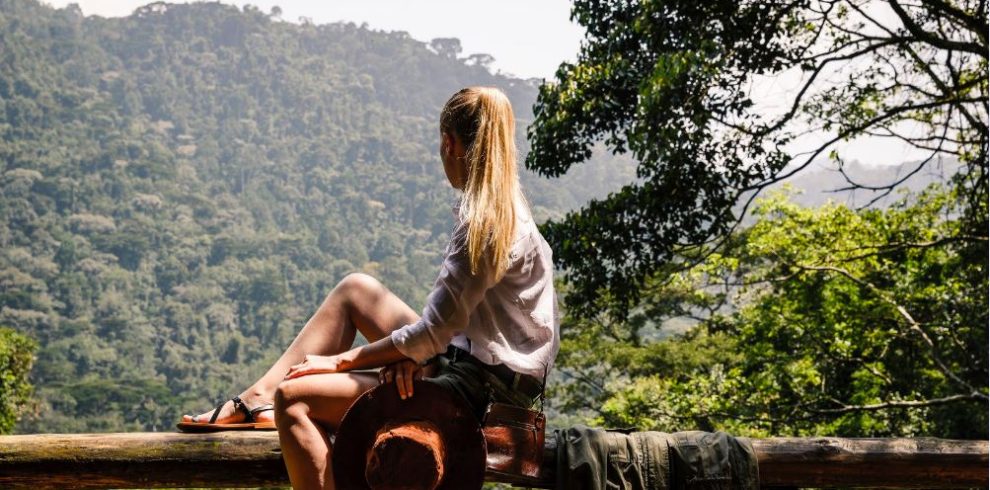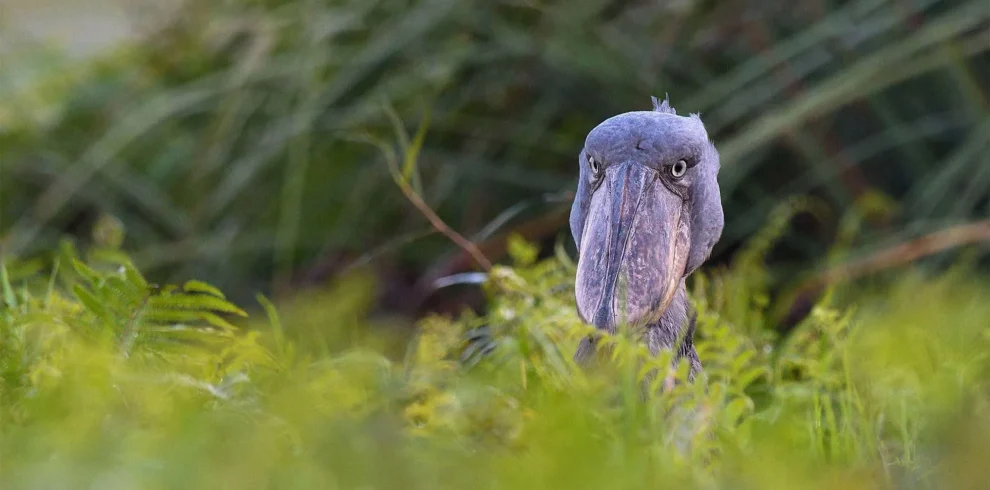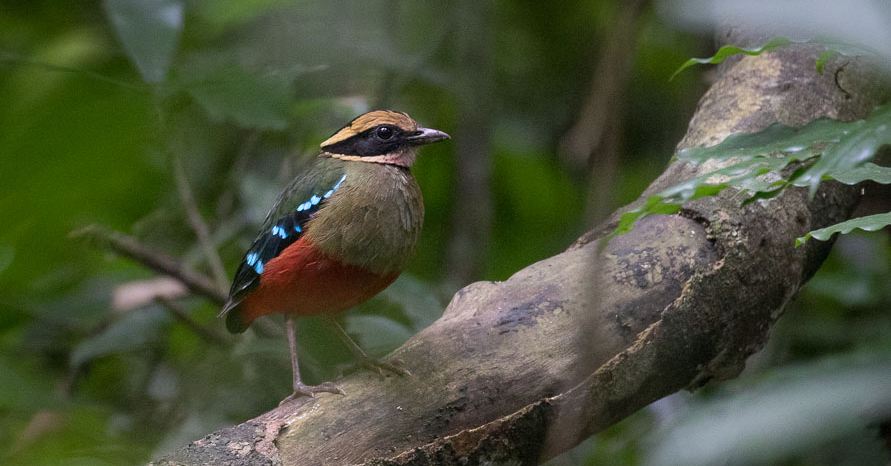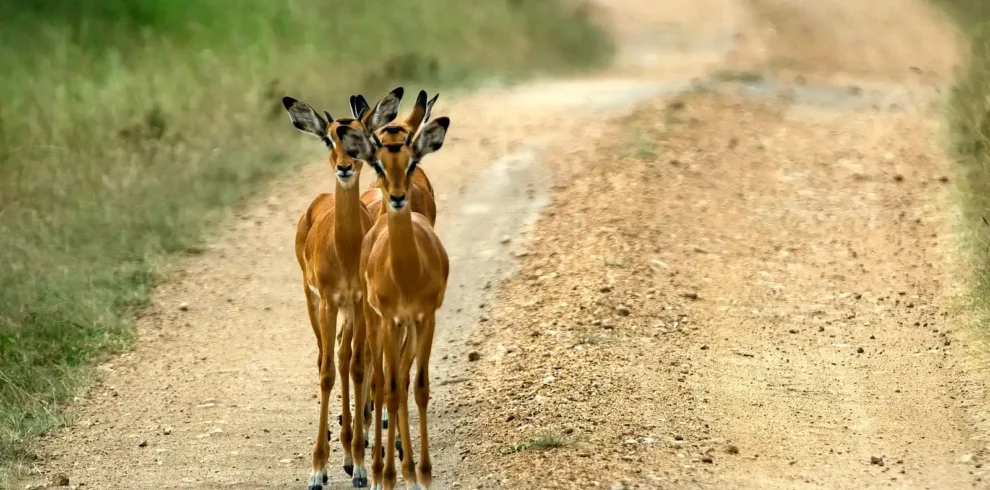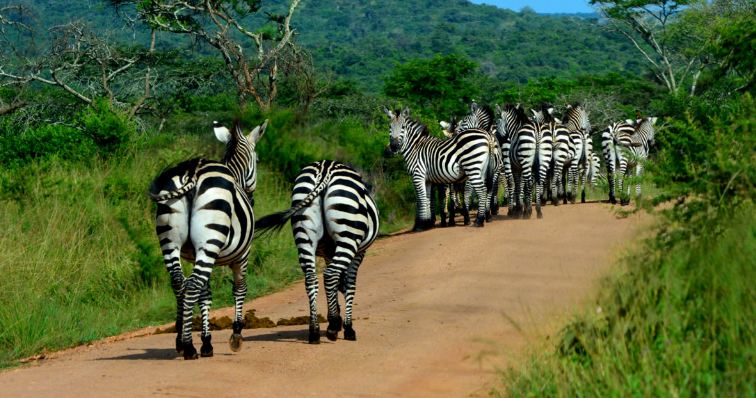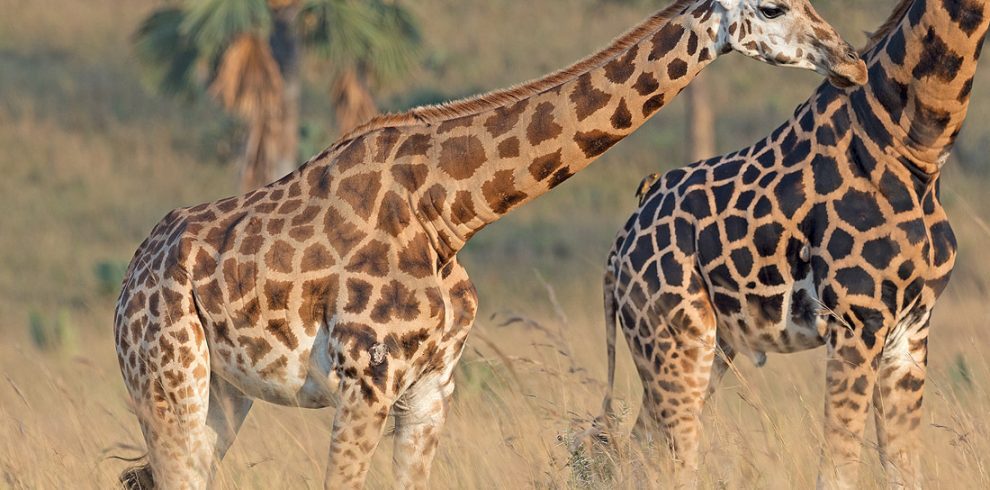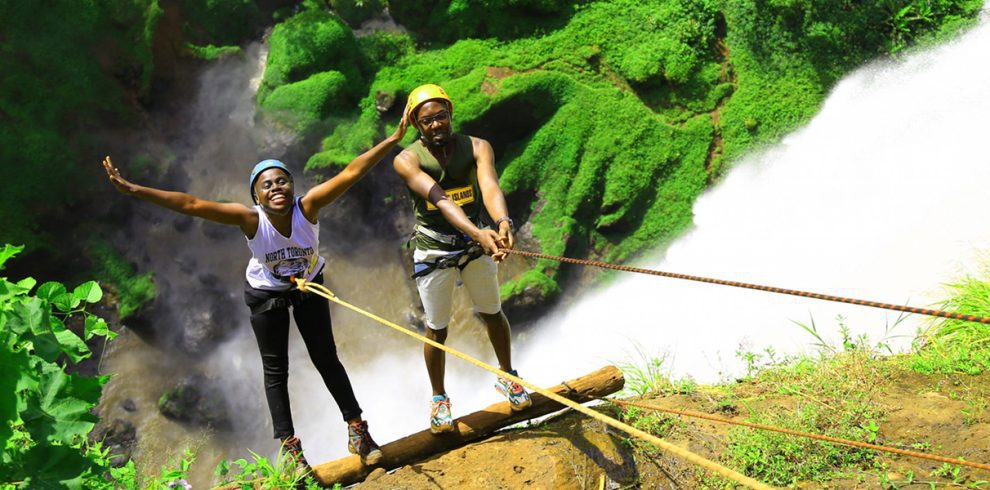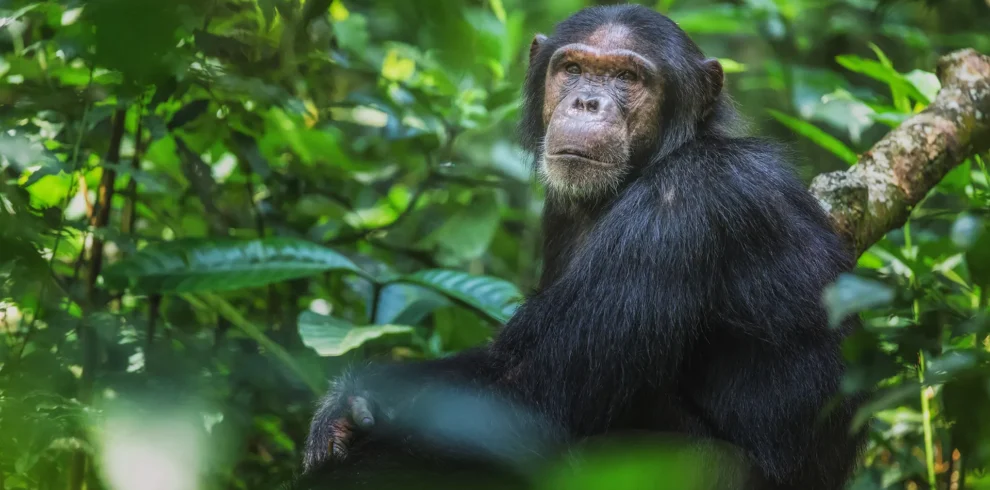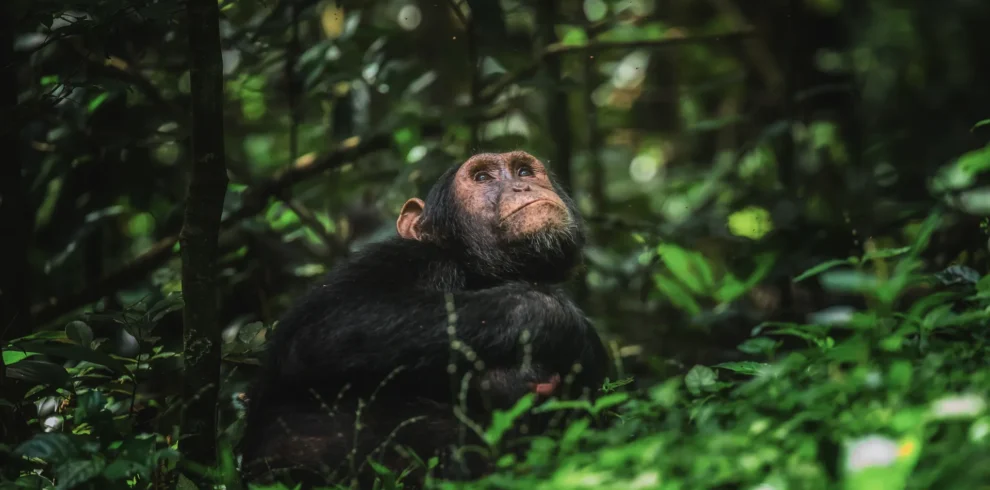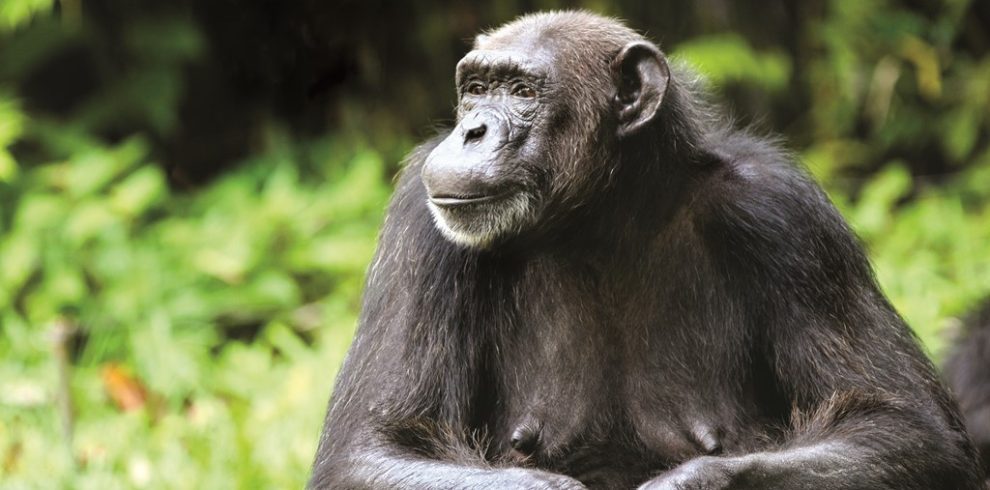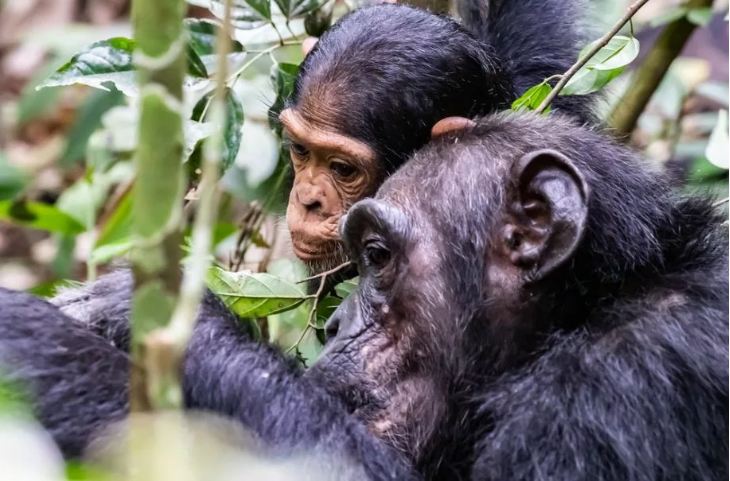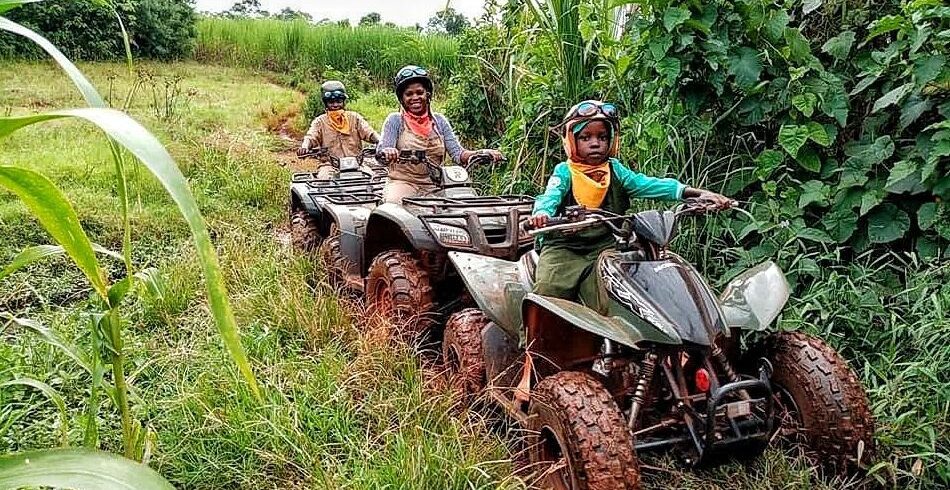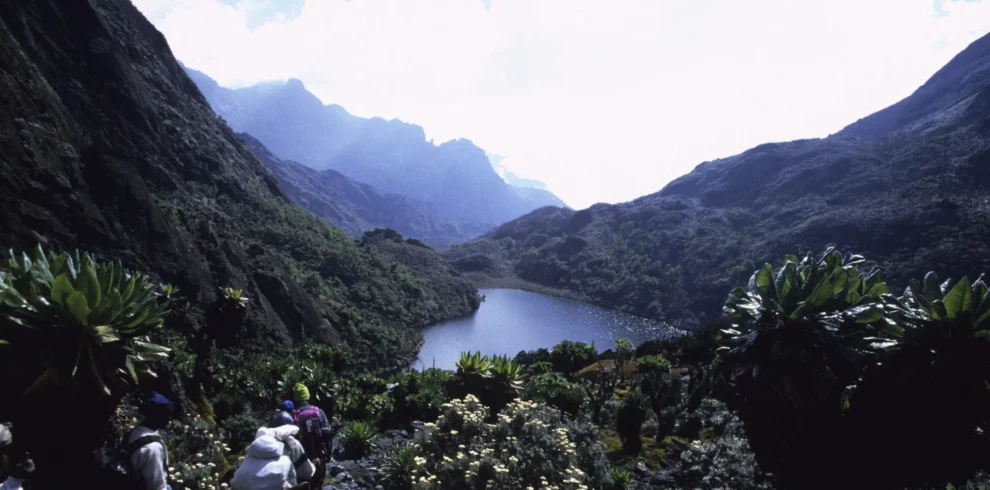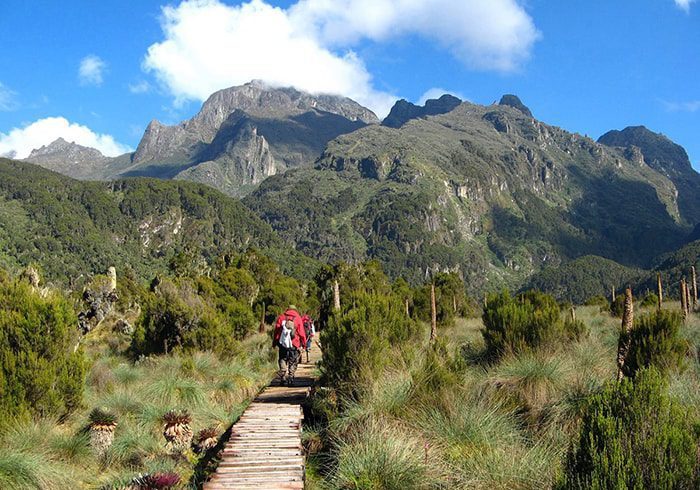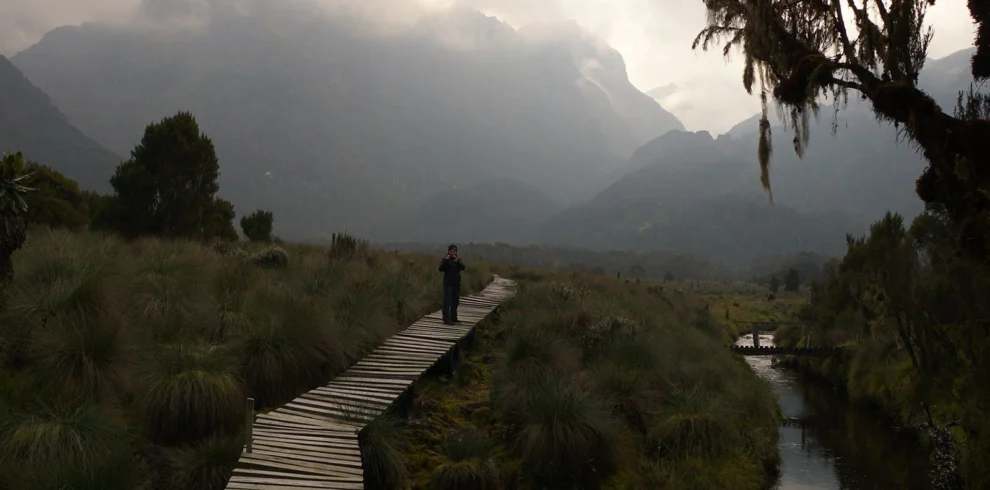Our best Uganda safaris range from solo safaris to group Uganda tours with your family and friends to even personally customized best Uganda safaris and tours.
Through our Uganda safari tours, every traveler will experience a simple and efficient manner of booking amazing Uganda gorilla safaris, chimpanzee trekking tours, bird watching trips, wildlife encounters and highly affordable Uganda tours accompanied with the finest service, comfort, and sense of safety.
This selection of the best Uganda safari and tour packages include budget, mid-range and luxury options but if you can’t find what you’ are looking for, one of our Uganda Safari Experts will happily tailor-make a a Uganda trip to suit your needs, interests and budget
Is Uganda good for safaris?
The answer is yes. What makes Uganda good for safaris is – bird watching and gorilla trekking in Africa is best done here. Uganda has 50% of the world’s mountain gorilla population. And gorilla trekking here can be arranged for a fraction of what it costs in neighbouring Rwanda — making one of Africa’s greatest and most expensive wildlife experiences more accessible.
You can go on a Uganda gorilla safari as an add-on to an East African safari in Tanzania or Kenya. But Uganda has a variety of other attractions to offer. So consider going for Big Game Viewing in savannah national parks and tracking wild chimpanzees on foot in rain-forests.
If you are a birder, Uganda has over 1090 bird species – including the iconic shoebill stork. There is no shortage of other wildlife in Uganda, from the Big 5 animals to hippos and giant forest hogs. You may also like; best time to visit Uganda
Popular Uganda Safaris 2024/2025
The popular Uganda safari packages include the 10 days Uganda safari, the 3 days Uganda gorilla trekking tour, 7 days Uganda tour and 8 Days Uganda wildlife safari. These Uganda tours offer the opportunity to catch sight of the mystical, mountain gorillas living in the dense forests plus many other Uganda tourist attractions.
Best Uganda Tours & Wildlife Safaris
Birding Uganda Tours
Best Destinations For Uganda Safaris
The best destinations for Uganda safaris include Bwindi Impenetrable, Kibale Forest, Murchison Falls, Queen Elizabeth, Lake Mburo, and Kidepo National Parks. Our Uganda tours take you to these destinations and other top Uganda safari places to see mountain gorillas, chimpanzees, the Big Five, giraffes, Plains Zebras, Hippos, Crocodiles, Shoebills, and other incredible Uganda wildlife.
1. Bwindi Impenetrable Forest
Of the top Uganda safari destinations, the mountainous, forested Bwindi Impenetrable National Park, a World Heritage Site. With nearly half of the world’s mountain gorilla population, Bwindi offers possibly Africa’s best gorilla trekking experience in ancient rain-forest jungle with some of Africa’s highest levels of biodiversity and exceptional forest bird-watching opportunities.
2. Kibale Forest National Park
Another great Uganda safaris park is Kibale National Park. Kibale is famous for its primate diversity that vast forest including Blue, Red-tailed, and Black-and-white colobus monkeys. But for most visitors, Kibale’s main attraction is the population of over 1500 wild chimpanzees. Visiting our closest relative in Kibale is a truly thrilling bucket-list experience.
3. Murchison Falls National Park
Murchison Falls National Park in northwestern Uganda is most alluring safari destination for game viewing Uganda safaris. Other top safari attractions include the world’s strongest waterfall for which the park is named and the wildly tropical stretch of River Nile that divides the park in 2 sections as it flows toward Lake Albert.
4. Queen Elizabeth National Park
Queen Elizabeth National Park is Uganda’s most popular safari destination. This is partly due to its closeness to the gorilla trekking forests of the southwest as well as its status as one of East Africa’s most bio-diverse protected areas. The park is home to almost 100 mammal species including 4 of the Big 5 s and over 600 bird species.
5. Lake Mburo National Park
Lake Mburo is one of the most surprising Uganda safaris parks. Often visited on short Uganda safaris or dropped into a Uganda safaris itinerary to break the long drive from the gorilla trekking forests of the southwest, it has a tendency to over-deliver.
FAQs About Uganda Safaris And Tours
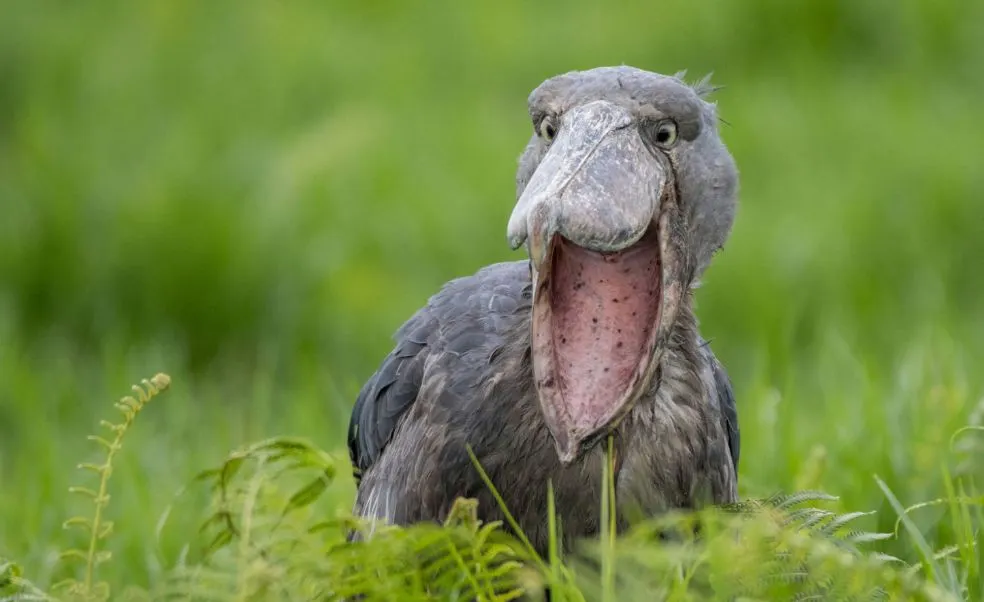
1. Is It Safe To Travel To Uganda?
Uganda is generally safe to visit. It is a politically stable country with securely operated borders. However, Uganda is no different to the rest of the world. If you plan to spend time in a city, take precautions as you would in your home country. Petty theft is common in cities, but physical attacks on tourists are extremely rare. Read more about how safe is Uganda?
2. How Much Does A Uganda Safari Cost?
- The average cost of safari in Uganda is between US$ 200 to $ 1000 per person per day.
- A perfect budget Uganda safari costs about $ 250 (Private) to $ 200 (group tour) per day
- A Mid-range Uganda Safari costs $ 400 (private per day) to $ 250 (group tour per day)
- A Luxury Uganda safari costs around $ 600 (private per day) to $ 550 (group tour per day)
- A high end Uganda safari starts from around $ 800 per person per day
- Permit to see the gorillas of Uganda costs US $ 800 per person per day.
- Chimpanzee tracking permit costs $250 (Kibale National Park)
- Park entrance fees is US$40
- You can hire a car to take you to the parks at $100 to $200 per day.
- Boat cruise on Queen Elizabeth and Murchison Falls National Park costs $ 30 per shift.
- Rhino Visits at Ziwa Rhino Sanctuary costs US$50 per person.
3. What To Pack For Uganda Safaris?
- While Uganda has no strict dress code, women travellers are advised to dress conservatively.
- Comfortable, casual clothes are best.
- Muted colours and neutral tones such as beige, khaki and green are recommended for game viewing and primate trekking.
- Bright colours like red, yellow, purple and white are not advisable on safari.
See our complete guide to what to pack for a safari in Uganda
4. Do You Need A Visa To Visit Uganda?
A Uganda visa is required by most nationalities. Additionally, your passport must be valid for at least six months from your departure date. Passports should have a minimum of 2–4 clean pages for visa and entry/exit stamp. You can also apply for the East African Tourism Visa (Uganda, Kenya and Rwanda) online by credit card.
5. How Many Days On Safari Is Enough?
Uganda safaris length varies depending on your interests, budget, specific parks, and desired activities. Typical duration ranges from 1 day to around 2 weeks. Gorilla trekking a major highlight – requires at least 3 days. Uganda has 10 parks, most of which offering different wildlife experiences and landscapes.
